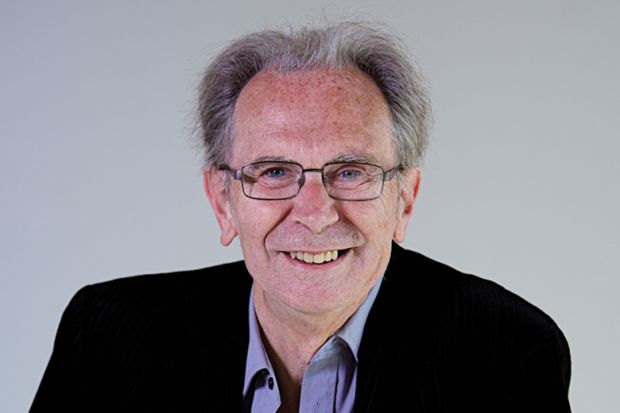John Urry was born in London on 1 June 1946 and studied for a BA and then an MA in economics at Christ’s College, Cambridge. He then switched to political sociology for his PhD at the same college.
By the time this was finished in 1972, he was already at Lancaster University, where he was to remain for the rest of his life, promoted to head of department in 1983 and professor in 1985, and also serving as dean of the Faculty of Social Sciences and university dean of research. His commitment to his discipline was also shown in his important role in the creation of what is now the Academy of Social Sciences.
Corinne May-Chahal, current head of the sociology department at Lancaster, recalled Professor Urry as “a restless intellectual spirit” who “worked at the leading edge of theoretical, empirical and applied fields in the social sciences, reflecting social trends and shaping innovative work on emerging fields and policy areas”.
Although “reassuringly ‘local’” in his long-term commitment to Lancaster, he was “equally firmly a ‘cosmopolitan’ with a global intellectual presence”. His astonishing range of interests included “power in Britain, space and time, social theory, localism and regionalism, leisure and tourism, nature and the environment, energy usage, and the complexities of global society”.
All these themes are explored in Professor Urry’s many books. He worked with the Lancaster Regionalism Group to produce Localities, Class and Gender (1985) and Restructuring: Place, Class and Gender (1990). He made a major contribution to Nick Abercrombie and Alan Warde’s survey of Contemporary British Society (third edition, 2000). Yet he was equally keen to address broader international themes in volumes such as The Tourist Gaze (second edition, 2002) and Global Complexity (2003).
From 2003 to 2015, Professor Urry served as director of Lancaster’s Centre for Mobilities Research, before becoming a founding co-director of the Institute for Social Futures at Lancaster, producing landmark books on Mobilities (2007), Climate Change and Society (2011) and Societies Beyond Oil (2013).
His final book, Offshoring (2014), again broke fresh (and highly topical) ground in exploring how groups such as “high net worth families and individuals” and “the owners/managers of major corporations” have effectively been winning the class war, not least through “the relatively new and striking strategy of offshoring”.
Professor Urry died on 18 March and is survived by his partner, Sylvia Walby – also a professor of sociology at Lancaster – two children and four grandchildren.

